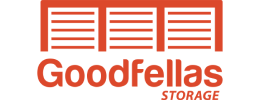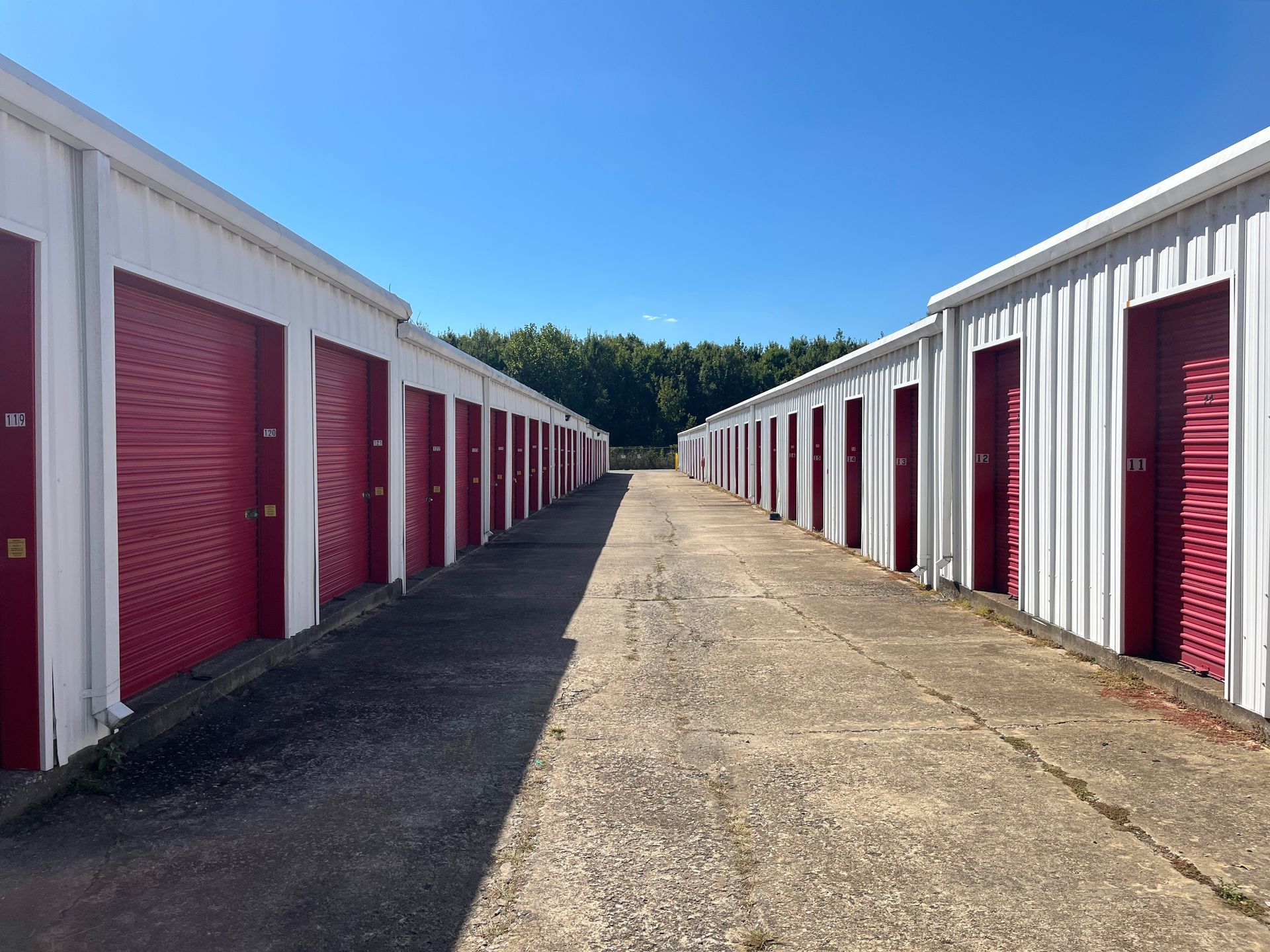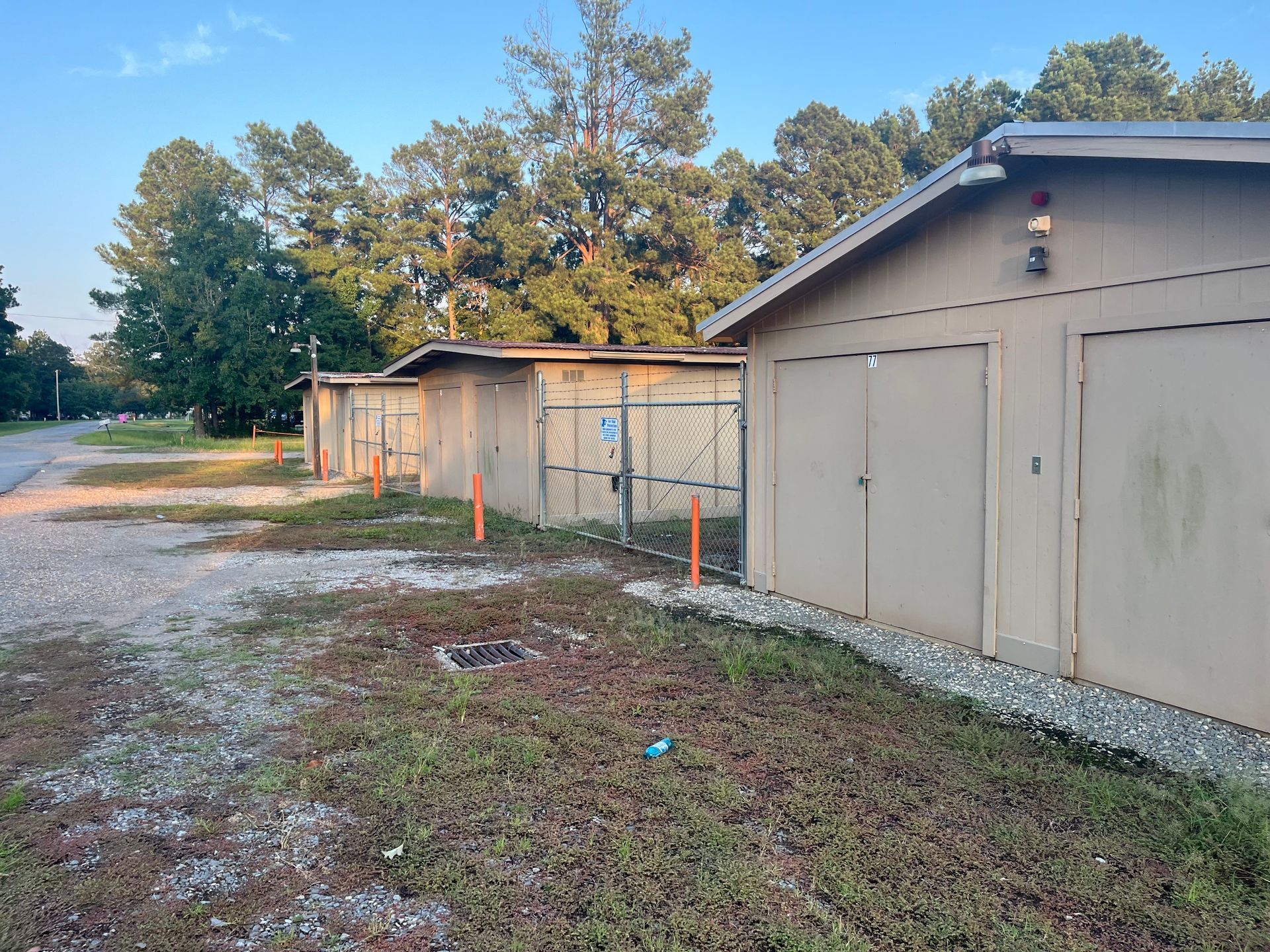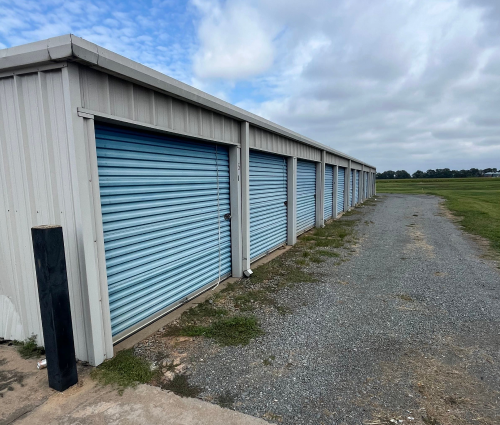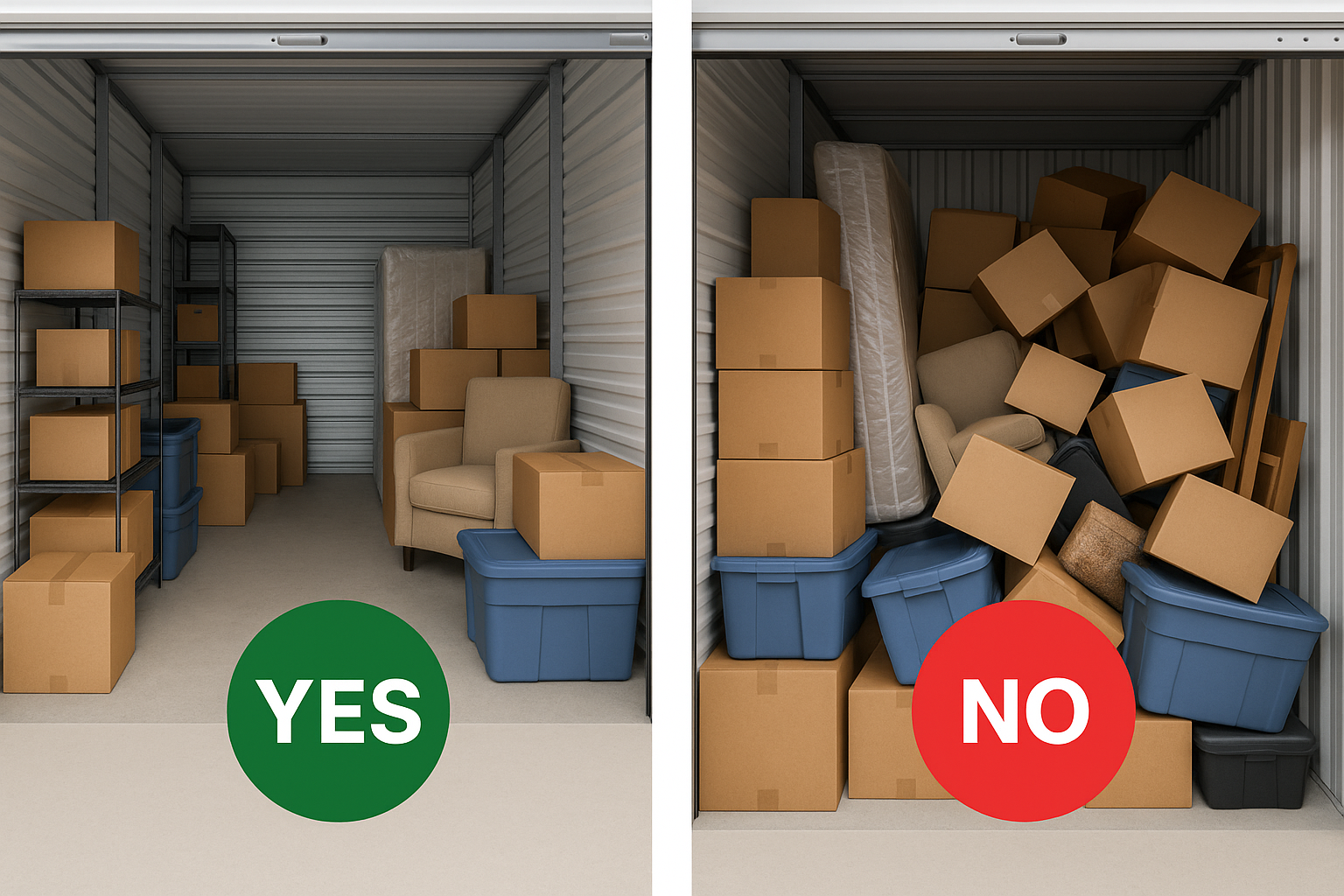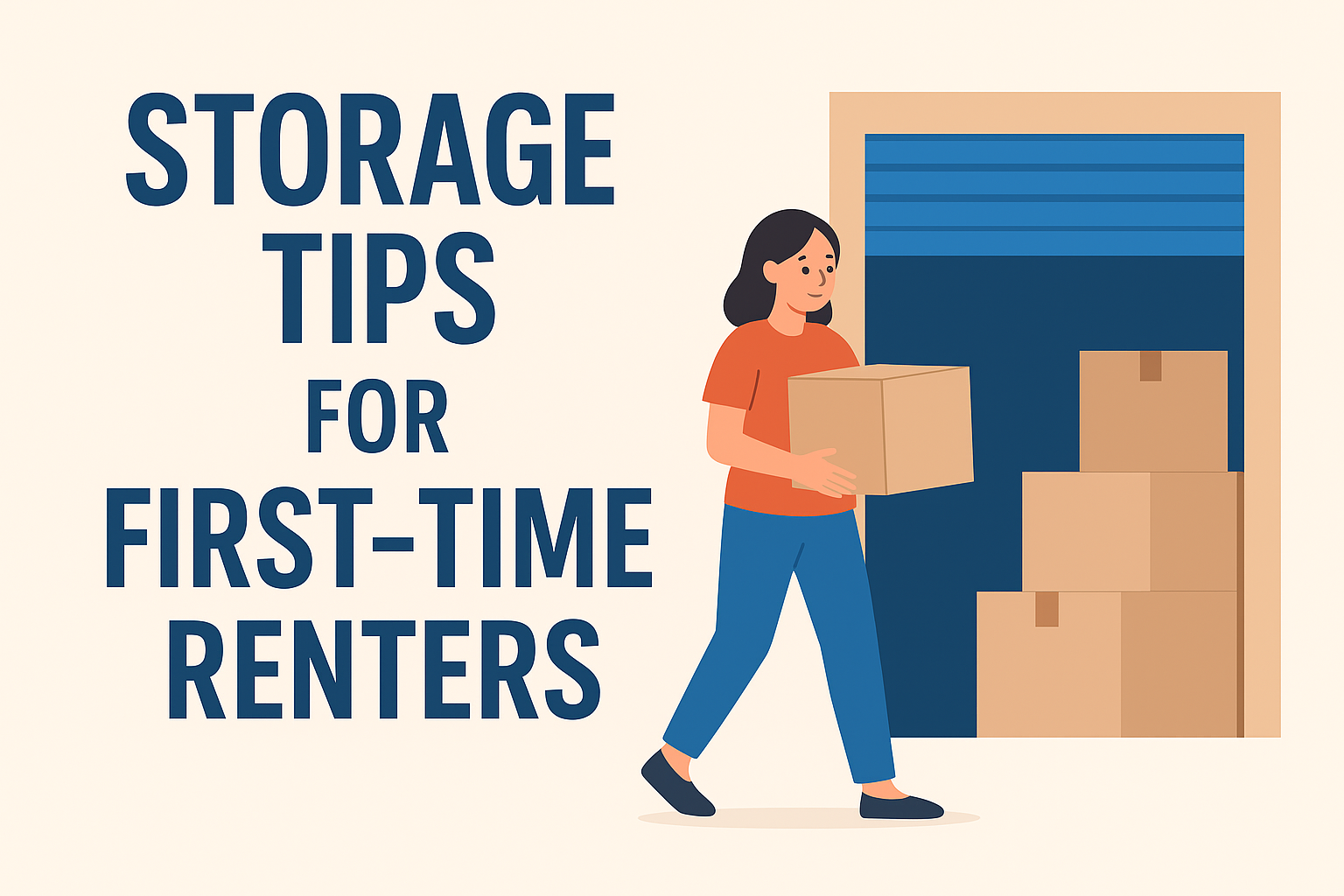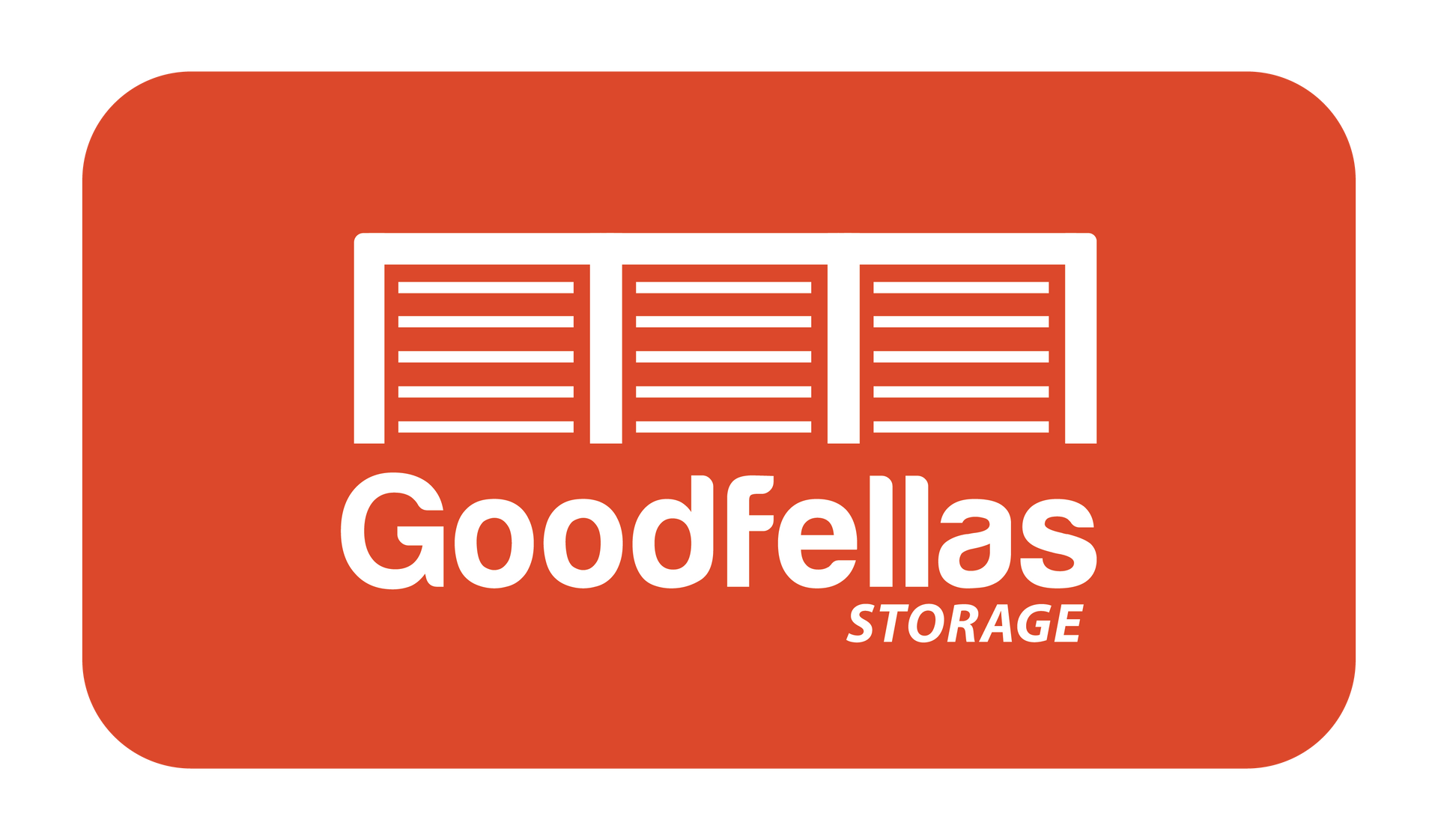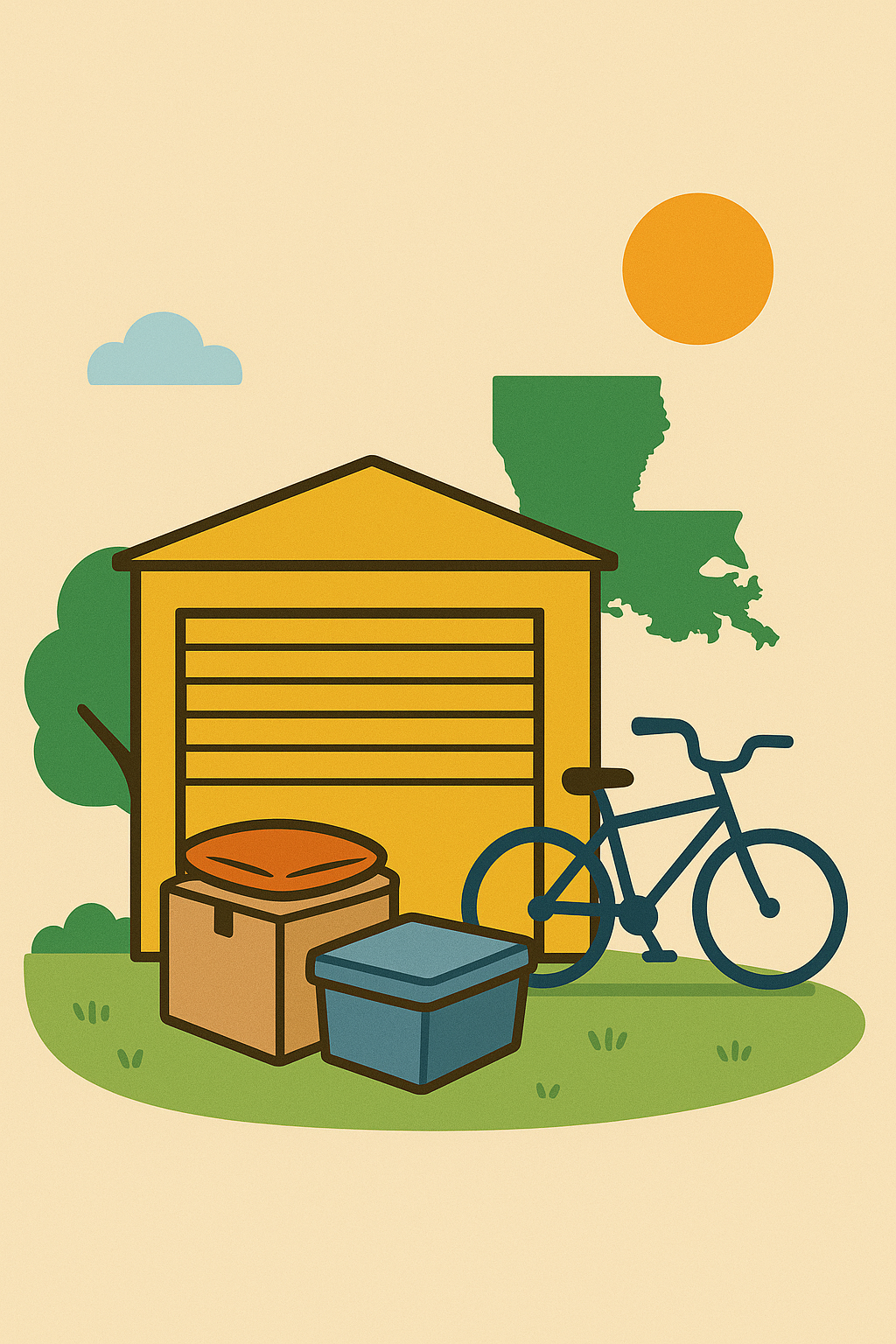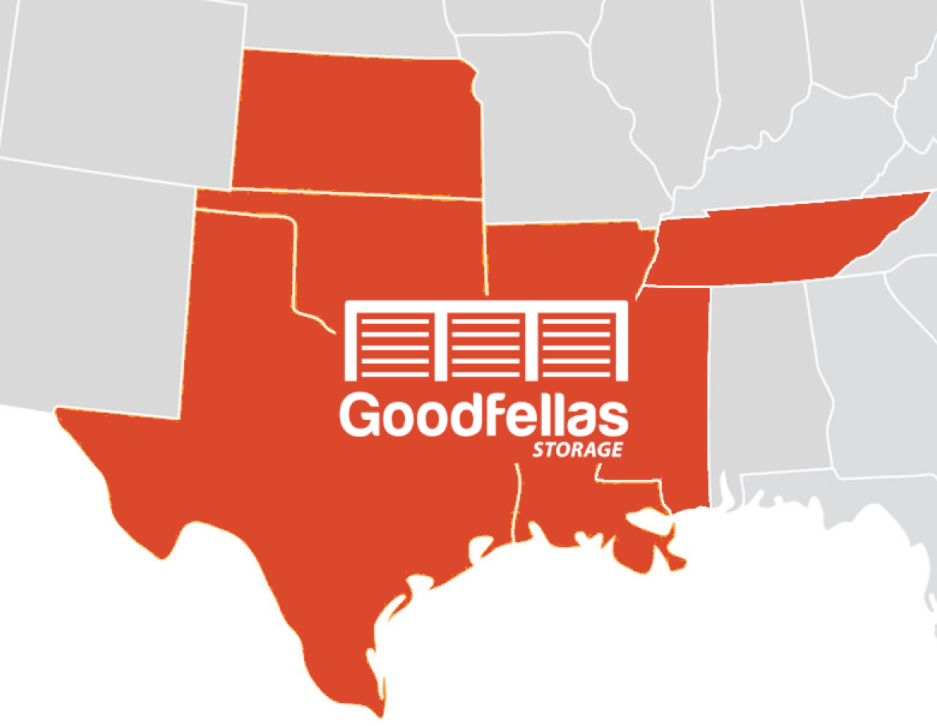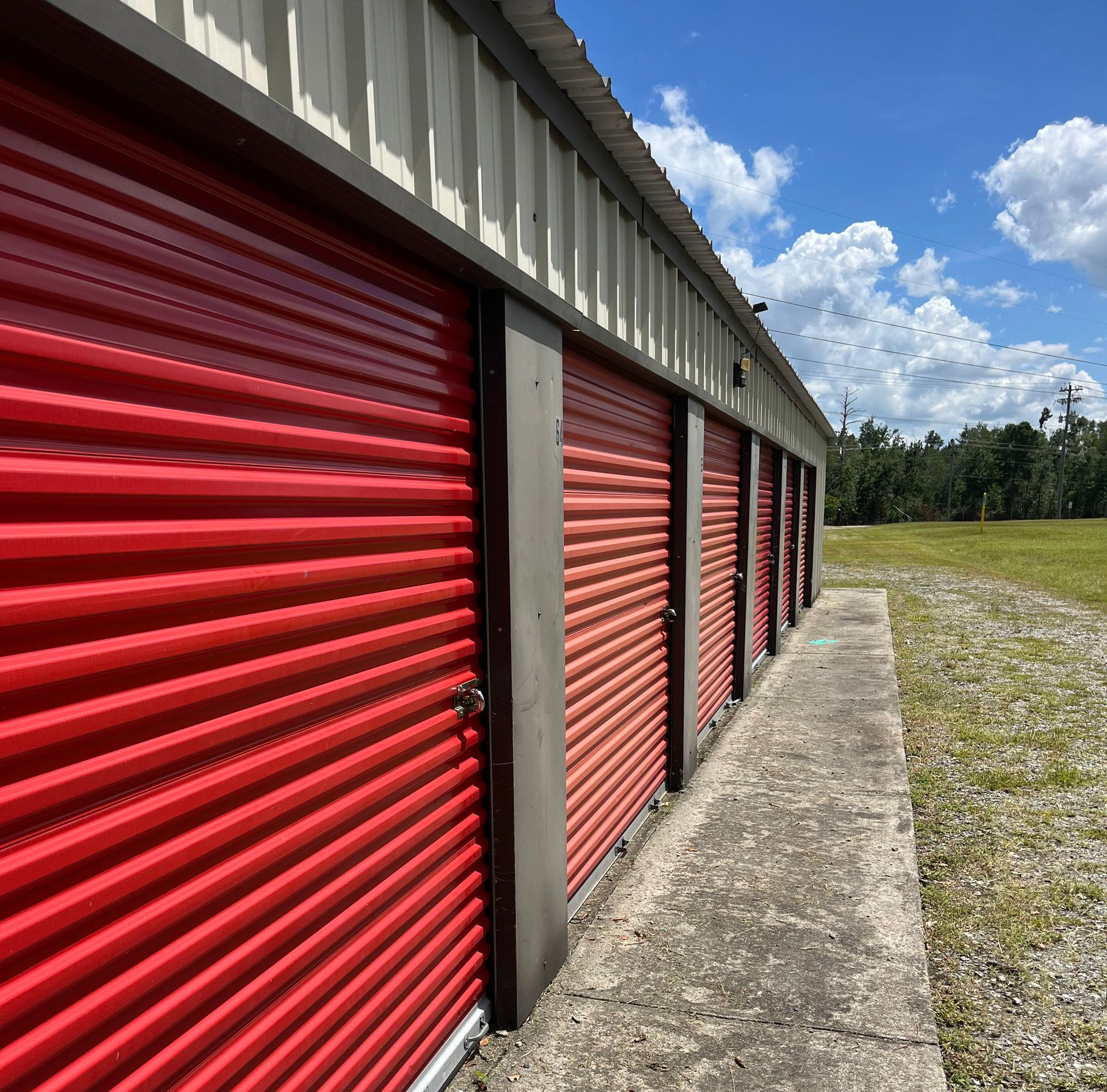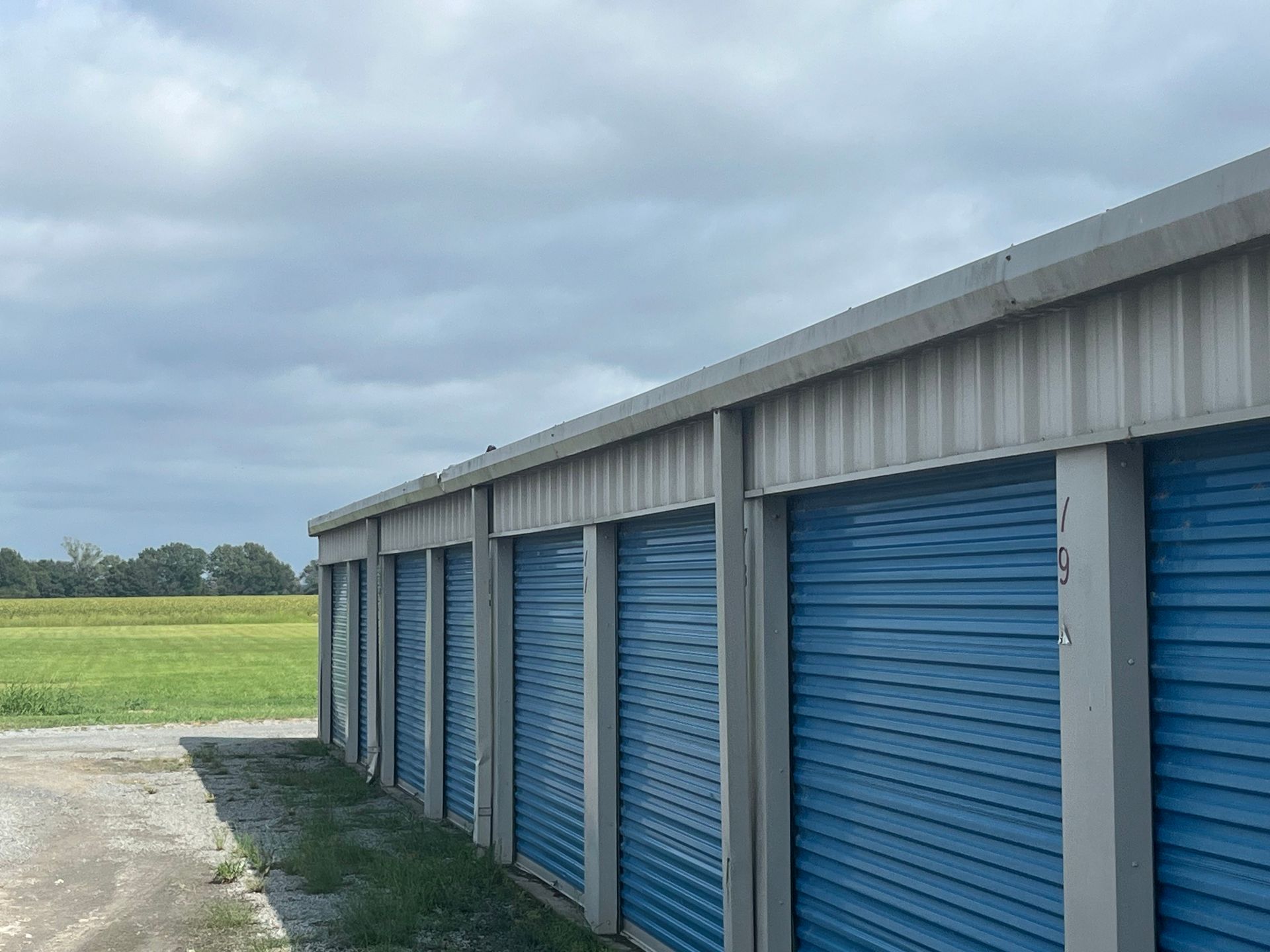South Carolina Storage Trends to Watch in 2025
Learn how storage trends in South Carolina for 2025 are creating more flexible, affordable, and tech-friendly options for renters across the state

If you’re renting storage in South Carolina in 2025, there’s good news. Increased supply, better technology, and deeper discounts are creating a more renter-friendly landscape. From Charleston to Columbia, storage renters are finding more choices, more flexible leases, and better value for their dollar.
This guide will walk you through the biggest trends to watch this year and help you make a smart, informed decision about your storage needs.
Softening Storage Rates in South Carolina
Across the country, storage rates have declined compared to the highs of 2021 and 2022. Street rates have dipped around 1 to 2.5 percent year over year, depending on unit size and market. For non-climate-controlled 10x10 units, national averages now hover around $123 per month.
South Carolina reflects this trend:
- Columbia has an average 10x10 rent of about $99, down 2 percent from last year
- Charleston saw a slight increase, averaging $130 per month, slightly above the national average
- The state overall has more than 902 storage facilities with almost 29 million square feet of space
This means renters have more options and a higher likelihood of finding deals. In cities like Columbia, where new facilities continue to open, competition is driving prices down.
Sources:
More Supply Means More Choice
South Carolina currently offers about 6.02 square feet of storage per person, which is higher than the national average of 5.4. Columbia is seeing rapid growth, with over 142,000 square feet of new supply scheduled to come online in 2025. More facilities mean more availability, less pressure to lock into long-term leases, and better promotional pricing.
New construction is especially strong in Columbia and Upstate SC, making it a great time to rent if you live in these areas.
Short-Term Rentals Are Gaining Popularity
In 2025, most renters are looking for flexibility. Many are using storage for only 3 to 6 months while transitioning between homes, managing life changes, or storing seasonal items. Nationally, the average duration of storage use is about 20 months, but that includes long-term business users.
If you are storing for a short period, look for:
- Month-to-month lease options
- Facilities with no long-term contracts
- Units that allow prorated billing or easy early termination
Technology Is a Must for Renters
Modern renters expect self storage to be digital-first. Operators across South Carolina are responding with upgraded systems and remote access features. In 2025, facilities offering online booking, digital gate access, and mobile account management are attracting more customers.
When choosing a storage facility, prioritize those that offer:
- Online reservations and bill pay
- Smart gate access or app-enabled locks
- Email or text alerts for billing and security
Climate-Controlled Units Are More Accessible
Climate-controlled units used to carry a high premium, but the price gap is narrowing. In Columbia, a 10x10 climate-controlled unit averages $117 per month compared to $99 for non-climate. In Charleston, the difference is closer to $25 more per month.
For temperature-sensitive items like furniture, electronics, or documents, the extra cost may be worthwhile. As more facilities offer climate control, pricing is becoming more competitive.
Sources:
Online Deals Are Stronger Than Ever
More facilities are offering web-only discounts in 2025. In softening markets like Columbia and Summerton, move-in promotions can reach 15 to 20 percent off or include the first month free.
To get the best deal:
- Always check the facility’s website before calling
- Look for digital coupons or promo codes
- Read the fine print on auto-renewal or pricing after the promo period
Mid-Lease Rate Increases Are Common
Operators are compensating for softer move-in rates with more aggressive existing customer rate increases (ECRIs). These usually occur 6 to 12 months after move-in and can be anywhere from 10 to 20 percent.
When renting, ask:
- How often rates are increased for existing tenants
- Whether you’ll be notified in advance
- If there are options to lock in a rate for 12 months
Local Market Profiles Vary
Each region in South Carolina is experiencing different rental dynamics in 2025:
- Columbia: Fastest-growing market with more competition and better pricing
- Charleston: Steady demand and slightly higher prices due to tighter supply
- Upstate SC (Greenville, Spartanburg): New job growth is pushing household moves and increasing demand for flexible storage
If you are moving within the state, compare pricing and availability in nearby cities to find the best value.
What to Expect as a Renter in South Carolina in 2025
Here are the biggest takeaways if you are looking to rent storage in South Carolina this year:
Storage rates are softening
Take advantage of better deals and online-only discounts by booking early.
More new facilities are opening
You will have more choice and less pressure to commit long term.
Month-to-month options are common
Flexibility is a growing priority. Look for no-contract or short-term rentals.
Digital features are the new standard
Choose facilities that allow full online management, mobile access, and secure digital entry.
Climate-controlled units are more affordable
If you need protection from heat and humidity, compare prices in less competitive neighborhoods to save.
Promotions are deeper online
Check each facility’s website for move-in discounts and compare deals before choosing.
Expect mid-lease price increases
Ask about how often rates increase and how much notice you will get.
Prices differ by city
Columbia has lower average rents. Charleston and Upstate are slightly higher due to different supply and demand.
Frequently Asked Questions
Q: Should I rent a climate-controlled unit in South Carolina?
A: If you are storing electronics, furniture, paperwork, or anything temperature-sensitive, climate-controlled storage offers extra protection from heat and humidity. The price gap has narrowed, so it may be a smart investment.
Q: How long should I expect to keep my items in storage?
A: Most renters use storage for 3 to 6 months, though many stay for a year or more. Choose a facility that offers flexible terms in case your plans change.
Q: Where can I find the best deals?
A: Always check online before calling. Many facilities offer special pricing, first-month discounts, or coupon codes through their websites.
Q: Will my rate go up after I move in?
A: Possibly. Ask about mid-lease increases and whether the facility gives advance notice or a guaranteed rate for the first year.
Q: Which cities in South Carolina have the best storage pricing?
A: Columbia tends to offer the lowest prices due to higher supply. Charleston and Upstate SC are more stable but can be more expensive depending on location.
Goodfellas Storage Locations in South Carolina
If you are looking for storage near your home or business, Goodfellas Storage offers clean, secure, and affordable self storage at several locations across the state.
